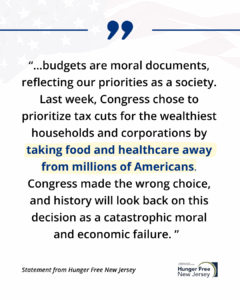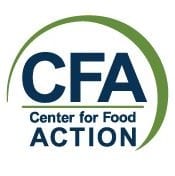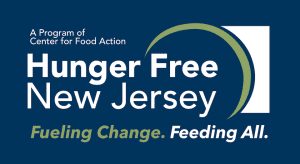Any effort to collect a school meals debt must avoid any form of embarrassment of a child. This includes serving students an alternative meal, refusing to serve a student a meal or taking away a meal that has already been served.
Districts must also take a positive, proactive – not punitive — approach with parents. This includes determining whether family issues are preventing parents from paying the fees owed and identifying ways to address those issues. Districts should also help the family complete a school meals application to determine if the household qualifies for free or reduced-price meals through the federal School Lunch Program.
High-poverty districts should participate in the Community Eligibility Option, which allows them to feed all children for free with increased reimbursements and reduced paperwork.
Unacceptable approaches to collecting meal debt include notifying state child protective services for this issue alone, as this, on its own, does not constitute abuse or neglect, and hiring collection agencies.
“Essentially, public shaming of students must be deemed unacceptable in any New Jersey school,’’ said Adele LaTourette, director, Hunger Free New Jersey. “Schools need to work collaboratively with parents to identify and address issues to ensure all students have access to healthy school meals, every school day.’’
Hunger Free New Jersey is also working with state legislators to provide state funding that would allow districts to eliminate reduced-price meal fees, in which families pay a portion of the meal cost, LaTourette added.
“This is critical, especially in light of the increased minimum wage, which may put families currently receiving free meals into the reduced-price category, even though household budgets may not be able to absorb any school meal costs,’’ she explained.
Legislation in the Works
Assemblywoman Pamela Lampitt plans to introduce legislation this fall that would outlaw shaming students whose parents are behind on school meal payments.
The measure would prohibit districts from refusing to serve students with overdue meal accounts.
In a recent article, the Philadelphia Inquirer quoted Lampitt: “It’s flat-out wrong. We are not a third world country. Nobody should go hungry.”
We are glad to be working with the Assemblywoman on this important issue and hope to include other provisions, including outlawing districts from notifying child protective services. This is not a child abuse issue. It’s frequently a financial issue.
We plan to work with schools to find more constructive ways to address unpaid meal fees. We’ll keep you posted.
Read the full article.






